 Supported by Innoget
Supported by Innoget
Join us to advance biobased and renewable fuels together
SHV Energy is a leading global distributor of off-grid energy such as fossil-based LPG and is also active in the area of sustainable fuels and renewable energy solutions.
We are exploring the following biobased and renewable fuels: bioLPG, bioLNG, rDME, hydrogen and future fuels, such as ammonia, methanol and novel e-fuels.
The global market for LPG is in excess of 300 million tonnes. SHV Energy’s bold ambition is to source 100% of its energy products from renewable and sustainable sources by 2040, to satisfy its current annual demand of over 5 million tonnes.
SHV Energy’s presence is worldwide and one of its important markets is India. We are looking for partners from the Indian Open Innovation ecosystem to join the company in the exploration of novel and improved routes to biobased and renewable fuels
SHV Energy is looking for pathways that can produce saturated C3/C4 hydrocarbons (LPG - propane and/or butane/iso-butane) from sustainable and locally sourced feedstocks with yields that could ultimately be scaled to make production commercially viable. The saturated C3/C4 hydrocarbon may be a co-product with other similarly valuable components.
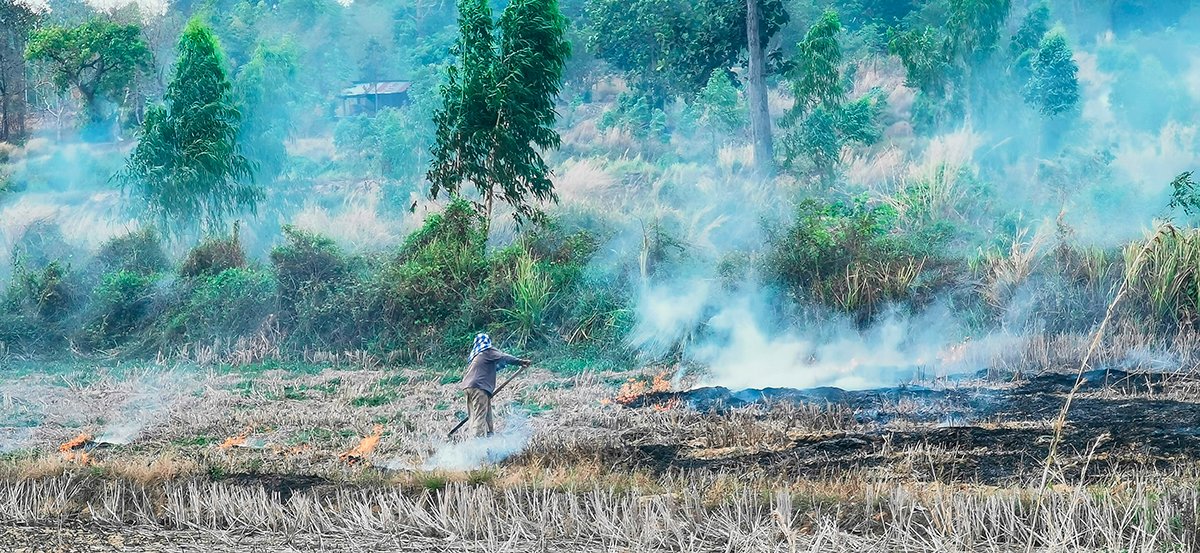
LPG (Liquefied Petroleum Gas) is a clean and efficient fuel that can be used in a variety of applications, including cooking, heating, and transportation. LPG usage in India has increased dramatically in recent years, currently with over 300 million domestic users and 28 million tonnes of LPG used last year. SHV Energy also has a strong presence in the Indian market through our business unit SUPERGAS, with over 550 employees.
LPG is a cleaner and more efficient alternative to traditional fossil fuels such as coal and oils like Furnace Oil ( FO ) , High Speed Diesel ( HSD ) ,Light Diesel Oil ( LDO), Superior Kerosene Oil ( SKO ). LPG offers a number of benefits over these older energy sources. LPG is less expensive than oil and coal, and it produces fewer emissions when burned. When used for cooking, LPG is particularly beneficial with regards to maintaining good indoor air-quality. This is particularly important, as indoor air pollution caused by other fuels can result in respiratory diseases.
SHV Energy is on a mission to source all its products from renewable and sustainable sources. The benefits of replacing fossil LPG with renewable LPG are numerous, including reducing greenhouse gas emissions, improving air quality, and reducing dependence on imported fossil fuels.
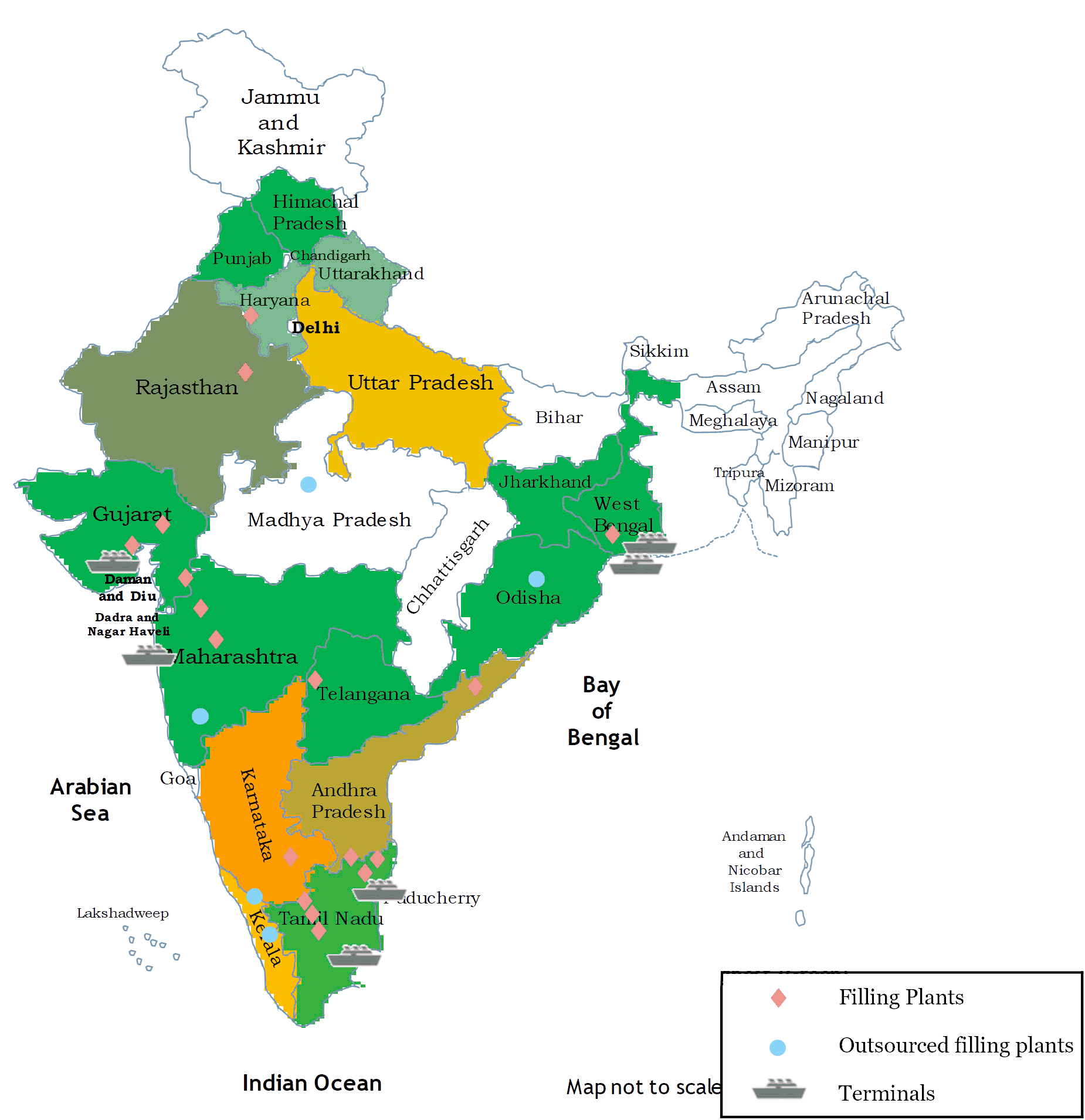 Super Gas presence in India
Super Gas presence in India
Traditionally, petrochemical processes are designed to minimise saturated C3/C4 hydrocarbons, hence this challenge. Sustainable feedstocks are generally described as containing bio-derived carbon (eg biomass, vegetable oils), though could also include fossil carbon contained in wastes (eg industrial flue gases, municipal solid waste or non-recyclable plastics).
SHV Energy is a leading global distributor of off-grid energy such as fossil-based LPG and is also active in the area of sustainable fuels and renewable energy solutions. The global market for LPG is in excess of 300 million tonnes. SHV Energy’s bold ambition is to source 100% of its energy products from renewable and sustainable sources by 2040, to satisfy its current annual demand of over 5 million tonnes. It is, therefore, actively seeking opportunities to substitute its existing energy products with sustainable alternatives. In pursuit of this ambition, it successfully launched bioLPG in 2018 sourced from the Neste biorefinery in Rotterdam. Currently, bioLPG is produced commercially as a by-product of renewable diesel that comes from Hydrotreatment of Vegetable Oils (HVO). BioLPG is also produced as a by-product of Sustainable Aviation Fuel (SAF) that comes from a modification of the HVO process called Hydrotreatment of Esters and Fatty Acids (HEFA). Global production of bioLPG, based on these processes is increasing, and currently estimated to be over 200,000 tonnes, though not all of that is recovered. BioLPG yield from these particular HVO/HEFA pathways typically range between 5 – 7%.
The state-of-the-art for these, and other process routes has been reviewed by Eric Johnson, Energies 2019, 12(2), 250 1 . The Sustainable Fuels Team at SHV Energy is seeking to identify novel routes ( ), in addition to those contained in above reviews; or proposals on how to substantially increase the LPG yields of the known transformation routes. This will allow SHV Energy to maintain its leading market position and support us in achieving our sustainability targets by the year 2040. Applicants should describe their proposals (stating the Technology Readiness Level) to satisfy this challenge, together with their organisation’s ability to implement the project.
The specific type of "Abundant Feedstocks" will be indigenous to a particular geography, but could include:
However, they should also be ideally available as a point source and the following factors will also influence their being classified as abundant:
Vegetable (and used cooking oils) are well established, 1st generation feedstocks for biofuel production, and we would prefer solutions which allow for greater diversity.
Submit your proposal/s for an opportunity of working
together with SHV Energy and be rewarded
Relevant for research intensive companies (big and small), start-ups and non-academic research organisations.
Through partnership with SHV Energy you would benefit from up to €50,000 in funding, market accessibility and expertise and safety.
SHV Energy Research Collaboration Model is particularly suited to academic (University) research organisations.
SHV Energy will consider to fund up to €50,000 for selected participants: whether to conduct a feasibility study; support on-going research; or enable applications for industry-focused research grants.
The winners of the 2021 SHV Energy Sustainable Fuels Open Innovation Challenge.
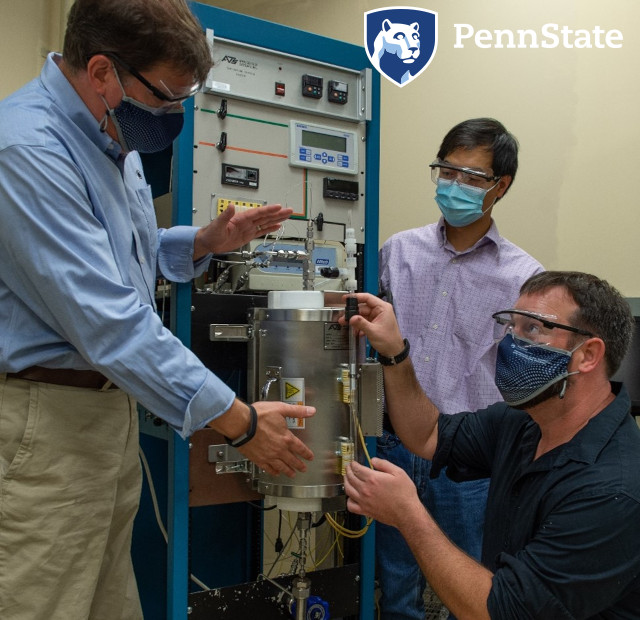
Professor Sven is a professor of Engineering Design, Electrical Engineering, and Aerospace Engineering at Penn State in the United States.
He is working together with Dr. Xiaoxing Wang (Assoc. Research Professor, EMS Energy Institute)
and Dr. Sean D. Knecht (Assoc. Res. Prof. of Engineering Design) and their objective is to demonstrate a pathway toward an integrated,
renewable energy system for C3/C4 hydrocarbon production from CO2 and H2 feedstock via a plasma-assisted catalytic process.
Their work will consist on identifying catalyst materials and preparation processes for plasma-assisted catalysis of CO2 hydrogenation
to higher-order hydrocarbons (carbon number >2). The expectation is that the new catalysts will be more selective to C3/C4,
utilizing a scheme designed for renewable energy-based system which translates into a zero emission process.
Dr. Shiju works as an Associate Professor and lead Catalysis Engineering Research Group at the University of Amsterdam and his research focuses on developing sustainable chemical processes, which aligns very well with the previous SHV Energy’s Open Innovation Challenge topic.
Dr. Shiju’s winning proposal is planning to develop novel composite heterogeneous catalysts for converting CO2 to C3/C4 hydrocarbons. The aim his investigation is to develop an active, selective and stable catalyst. Dr. Shiju expects that his proposed modifications of the catalyst structure will lead to a water-stable catalyst, enhancing the continuity of the process.
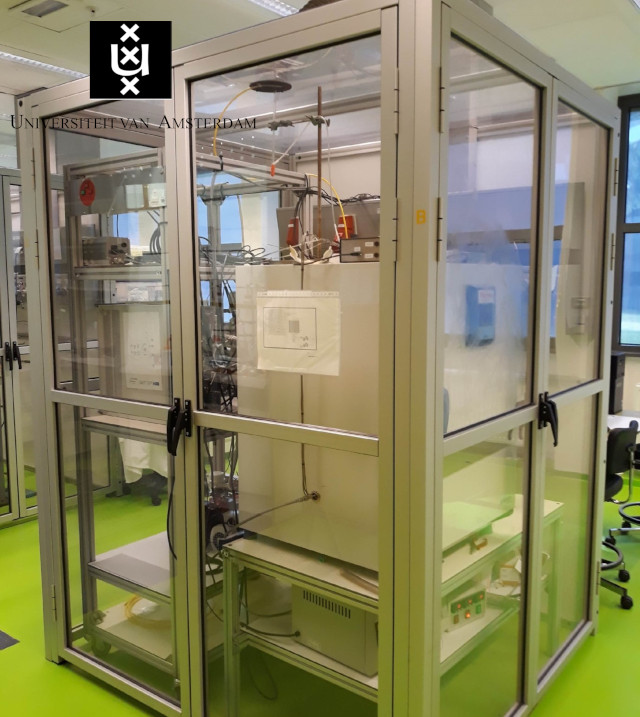
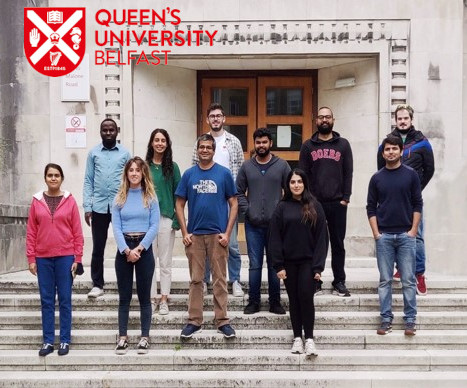
Dr. Haresh is a Senior Lecturer in Chemical Engineering at Queen’s University Belfast in Northern Ireland, UK.
He specializes in the design and development of modular reactors, new catalysts and continuous flow processes for with projects in energy, biofuels, fuel additives and renewable chemicals. His winning proposal focuses on the Direct decarboxylation of VFAs to C3/C4 (LPG) hydrocarbons, which translates to the development of a new catalytic technology using continuous flow platform for converting a mixture of organic acids to short hydrocarbons for production of bioLPG.
Your journey starts here.
Register for for free participation at our open access Sustainable Fuels webinar
Online launch
Deadline for submission
Shortlisted projects announced
Winners selection, including possible visits to teams’ labs and research centers
Winners announcement during LPG Week 14 of November in New Delhi
Please fill in the contact form below to submit your general
inquiries related to the challenge:
Principal Scientist - Sustainable Fuels at SHV Energy
Commercial Analyst - Sustainable Fuels at SHV Energy
SHV Energy is part of SHV, a global family business with a portfolio of companies and 55,000 employees in 58 countries
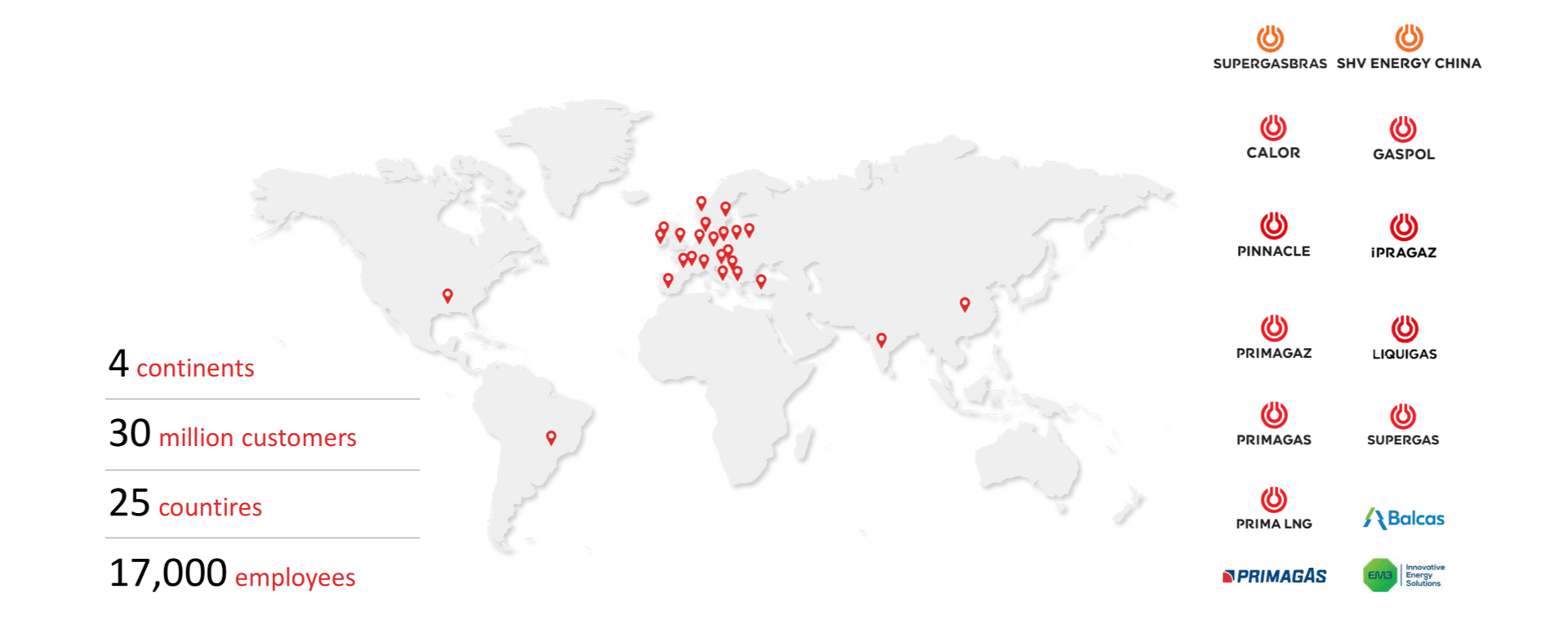
SHV Energy is a leading global distributor of off-grid energy such as LPG and LNG and is active in the area of biofuels and renewable energy solutions.
SHV Energy offers 2 ways of collaboration: through a partnership or reasearch collaboration. For more information please click here.
In its most well-known definition, sustainability or sustainable development means meeting our own needs without compromising the ability of future generations to meet their own needs. In a simpler form, sustainability refers to the avoidance of natural resources depletion in order to maintain an ecological balance. Modern sustainability definitions refer to it as a holistic approach that considers ecological, social and economic dimensions with the goal to consider all three of these so-called pillars of sustainability to find lasting prosperity for everyone.
All partners within the open innovation community, research centers, universities, individual research and development leaders, and companies of all sizes based in India are invited to submit proposals.
The submission process will open on May 13th. Click on the “Submit proposal” button and follow the steps to have your proposal submitted to SHV Energy.
Participants can submit more than one proposal.
Yes, both teams and individuals can participate. They will be evaluated in the same way, since what is important for us is the idea/proposal.
No, proposals can’t be edited after submission. Please make sure your proposal contains all required information before you submit it to SHV Energy.
The status of your submissions can be checked from the “Replies” dashboard on your Innoget.com account.
There will be an evaluation panel that will include SHV Energy's internal and external experts on the Innovation topic.
Runners up will be individually approached and informed. The winner of the challenge will be announced in the 2022 LPG Week event to be hosted in New Delhi.
Sustainable Fuels Team at SHV Energy is seeking to identify novel routes (TRL 2-4 ), or proposals on how to substantially increase the LPG yields of the known transformation routes (TRL 4-9). If you are at high TRL already, we would enter into a discussion concerning off-take for the BioLPG from your process, or potentially fund a feasibility study to ascertain how to achieve a commercial specification.
SHV Energy is continually looking for partners to collaborate and work with. Our Research & Development department has succcessfully implemented Innovation into our business and formed great partnerships. We are happy to now use our new portal as one more channel for Open Innovation. Stay tunned to find out more about new Innovation Challenges!